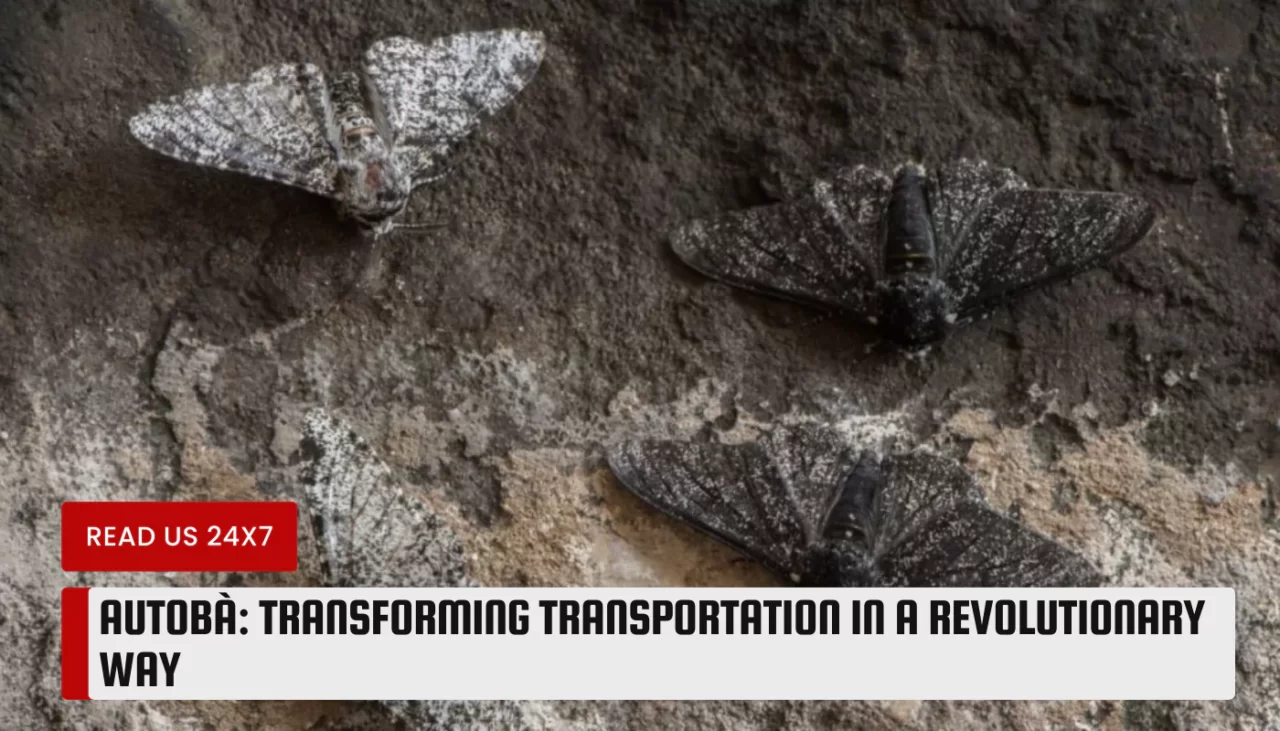Transportation has always been a fundamental driver of societal progress, and today, on the cusp of a technological revolution, Autobà emerges as a game-changer. This cutting-edge platform transcends existing boundaries, integrating advanced robotics, artificial intelligence, and data analysis to reimagine mobility beyond traditional vehicles and paved roads.
The Role of Autobà in the Ecosystem
At its core, Autobà functions as a decentralized network of autonomous, modular robotic vehicles capable of navigating diverse terrains, from bustling cityscapes to rugged landscapes. These adaptable units, referred to as “pods,” seamlessly connect and disconnect, forming dynamic formations tailored to specific transportation needs. Imagine a swarm of pods morphing into a high-speed express lane during rush hour, then disassembling into individual units for flexible last-mile delivery. This adaptability is further enhanced by Autobà’s integration with existing infrastructure, seamlessly weaving its network into established transportation systems.
Nature itself serves as a powerful reference point for Autobà’s design principles. Colonies of ants exhibit remarkable collective intelligence, efficiently navigating complex terrains by adapting their formations on the fly. Similarly, schools of fish demonstrate dynamic fluidity, adjusting their movements in real-time to navigate obstacles and optimize flow. Autobà captures these natural principles, translating them into a transportation system that is both responsive and efficient.
Revolutionary Applications of Autobà
The transformative potential of Autobà extends far beyond passenger and cargo transportation. Its modularity and adaptability unlock a plethora of revolutionary applications across diverse fields.
Automated Bioinformatics Analysis: Imagine a fleet of Autobà pods equipped with cutting-edge bioinformatics labs, traversing the vast landscape of genomic data. These mobile units could analyze DNA samples in real-time, providing on-site diagnoses and personalized medical solutions. This would democratize access to advanced healthcare, particularly in remote areas.
AI-powered Drug Discovery: Drug discovery is often a slow and arduous process. Autobà could accelerate this process by deploying pods equipped with high-throughput screening technology and powerful AI algorithms. These mobile labs could test millions of potential drug candidates simultaneously, significantly reducing the time and cost of bringing new life-saving medications to market.
Mapping Proteins and DNA: Understanding the intricate structures of proteins and DNA is crucial for advancing fields like protein engineering and gene therapy. Autobà pods equipped with advanced imaging technology could travel to research facilities, providing on-site, high-resolution data on these complex molecules. This would significantly improve the accuracy and efficiency of research, paving the way for breakthroughs in biotechnology.
Prediction of Antibiotic Resistance: The global threat of antibiotic resistance demands innovative solutions. Autobà pods could be deployed to collect bacterial samples from diverse environments, analyzing them in real-time to predict and track the emergence of resistant strains. This early warning system would provide valuable insights for the development of new antibiotics and targeted treatment strategies.
Impact of AutoBA on Scientific Research
The integration of Autobà into scientific research promises significant advancements in various fields. The real-time data gathering capabilities of its mobile units would revolutionize environmental monitoring, allowing for comprehensive study of ecosystems and climate change. Additionally, Autobà’s decentralized nature would foster collaboration and data sharing among researchers, breaking down geographical barriers and accelerating scientific progress.
Improved Accuracy and Efficiency: Compared to traditional research methods, Autobà offers substantial improvements in accuracy and efficiency. Real-time data analysis eliminates the risk of error in sample transportation and storage, while the platform’s adaptability allows for targeted data collection, reducing redundant efforts and waste.
Potential for New Discoveries: Autobà’s dynamic nature opens doors to previously inaccessible research areas. Mobile labs could venture into extreme environments, like deep-sea trenches or volcanic craters, collecting data from previously unexplored frontiers of science. This has the potential to lead to groundbreaking discoveries in diverse fields, ranging from astrobiology to marine biology.
Conclusion
Autobà stands poised to revolutionize not just transportation, but the very fabric of our society. Its transformative potential extends far beyond physical movement, shaping the way we conduct research, develop technology, and ultimately, understand the world around us. As Autobà emerges from the horizon, it beckons us towards a future where mobility is redefined, and the boundaries of scientific exploration are limitless.


